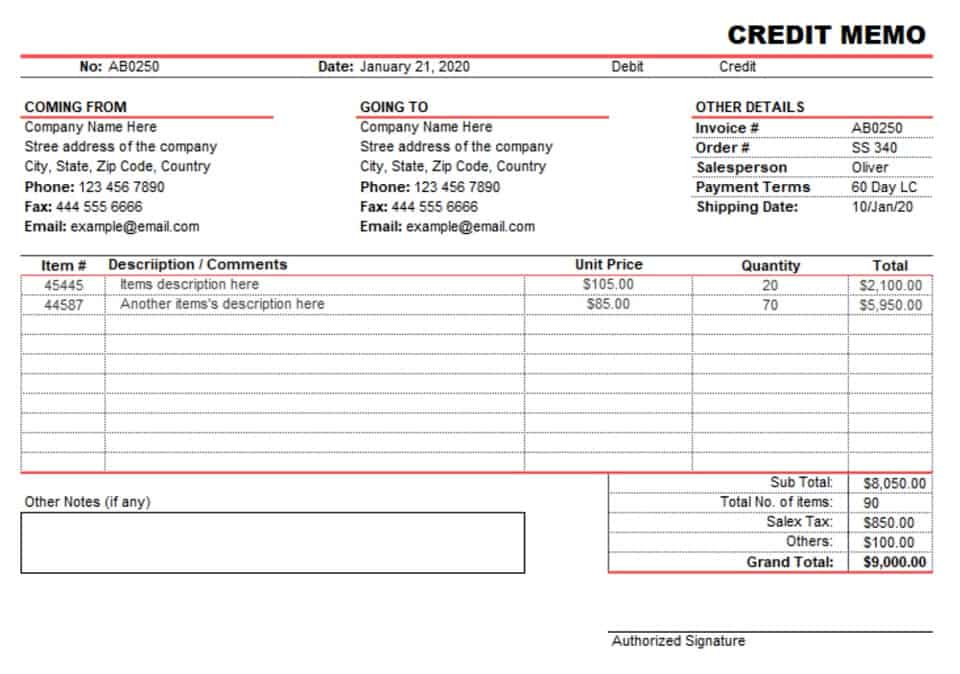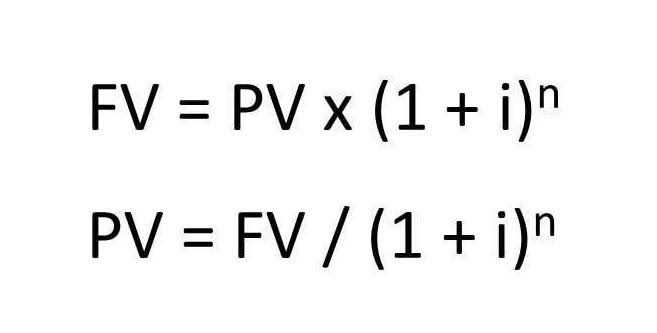
Then, you would record the primary payroll journal entry in your accounting software. FreshBooks payroll software powered by Gusto helps make payroll accounting more streamlined and efficient, saving you time and money on this essential process. Bookkeeping is how businesses, entrepreneurs, and decision-makers monitor a company’s overall financial health and activity. Without basic bookkeeping practices, it’s easy for financial transactions and spending activities to get out of control, which can lead to confusion, disorganization, and loss of profit. Typically, single-entry bookkeeping is suitable adjusting entries for keeping track of cash, taxable income, and tax-deductible expenses.

What is bookkeeping? A beginner’s guide to the basics

The task of bookkeeping is https://www.bookstime.com/articles/cash-disbursement-journal performed by a bookkeeper, who keeps track of all the financial data and organizes them systematically. The first step you’ll need is a business bank account, which allows you to keep your personal and business expenses separate. Bank accounts allow businesses to safely store their money and make transactions easily.

Bookkeepers reveal the No. 1 secret to preventing fraud
In addition bookkeeping focuses on the day to day financial activities of a business. A sole proprietor or bookkeeper needs to know how to enter all the day to day financial transactions into the bookkeeping system. After a certain period, typically a month, each column in each journal is totalled to give a summary for that period. Using the rules of double-entry, these journal what is bookkeeping summaries are then transferred to their respective accounts in the ledger, or account book. This process of transferring summaries or individual transactions to the ledger is called posting. The single-entry bookkeeping method is often preferred for sole proprietors, small startups, and companies with unfussy or minimal transaction activity.

Bookkeeper vs accountant: What’s the difference?
- Both financial institutions and investors depend on reliable bookkeeping to foster trust and transparency in their relationships with businesses.
- If you’re like most modern business owners, odds are you didn’t become one so that you could practice professional-level bookkeeping.
- This is done by identifying and organizing the business transactions into account categories.
- Making sure transactions are properly assigned to accounts gives you the best view of your business and helps you extract the most helpful reports from your bookkeeping software.
- Learn how to use waterfall charts to gain better insight from your sales data.
As bookkeepers work closely with raw data, they tend to develop a good understanding of how a business works. After you have a bookkeeping system in mind, the next step is to pick an accounting software. Spreadsheets, such as Microsoft Excel, can be used for simple bookkeeping. More commonly, entrepreneurs use comprehensive accounting software like QuickBooks that can handle a larger volume of transactions and provide a deeper analysis. QuickBooks Live Expert Assisted can help you streamline your workflow, generate reports, and answer questions related to your business along the way. Financial transactions are business activities that involve money, such as sales, expenses, and payments.
What you need to set up small business bookkeeping
While on the other hand, accounting utilizes bookkeeper data and is much more subjective. SBA noted that a bookkeeper can provide basic day-to-day functions at a lower cost, but won’t possess the formal education of a CPA. As a partial check that the posting process was done correctly, a working document called an unadjusted trial balance is created. Column One contains the names of those accounts in the ledger which have a non-zero balance. If an account has a debit balance, the balance amount is copied into Column Two (the debit column); if an account has a credit balance, the amount is copied into Column Three (the credit column).
- For the past 52 years, Harold Averkamp (CPA, MBA) hasworked as an accounting supervisor, manager, consultant, university instructor, and innovator in teaching accounting online.
- Accountants advise leadership on how to make more strategic financial changes that save the company money or generate more profit.
- Unlike the journal, ledgers are investigated by auditors, so they must always be balanced at the end of the fiscal year.
- And fittingly, there are two entries in the history books for who documented the double-entry system.